by Alix T. Coste (Editor), Patrick Vandeputte (Editor)
Infections caused by pathogenic fungi are a significant global problem; a situation exacerbated by the limited availability of good antifungal options. Being eukaryotic organisms, these pathogens are phylogenetically much closer to the human host than bacterial pathogens. This sets serious limits to the range of exploitable fungal-specific drug targets. The advent of ‘omics’ and other high throughput technologies in recent years has revolutionized the field of antifungal research permitting researchers to quickly identify novel compounds and gain greater insights into drug resistance mechanisms. Researchers can analyze the whole organism’s response to any particular condition or compound, thereby providing a deeper understanding of fungal biology and the host-fungus interaction. In this book, a panel of high-profile contributors provides an overview of current antifungal research. Chapters are written from a molecular and genomic perspective and contain speculative models upon which to base future research efforts. Topics include: the molecular mechanisms responsible for antifungal resistance to the classical molecules, azoles, polyenes, and echinocandins
• fungal biofilms
• fungal-specific biological pathways that constitute potential new targets
• strategy to potentiate existing antifungal agents
• impact of high throughput screenings of chemical compound collections
• modulating the host response
• antifungal vaccines
• animals models. The book will be an essential reference for everyone with an interest in fungal pathogenesis. It is recommended for all biology and medical libraries.
Product Details
- ISBN-13: 9781910190012
- Publisher: Caister Academic Press
- Publication date: 4/1/2015
- Pages: 340
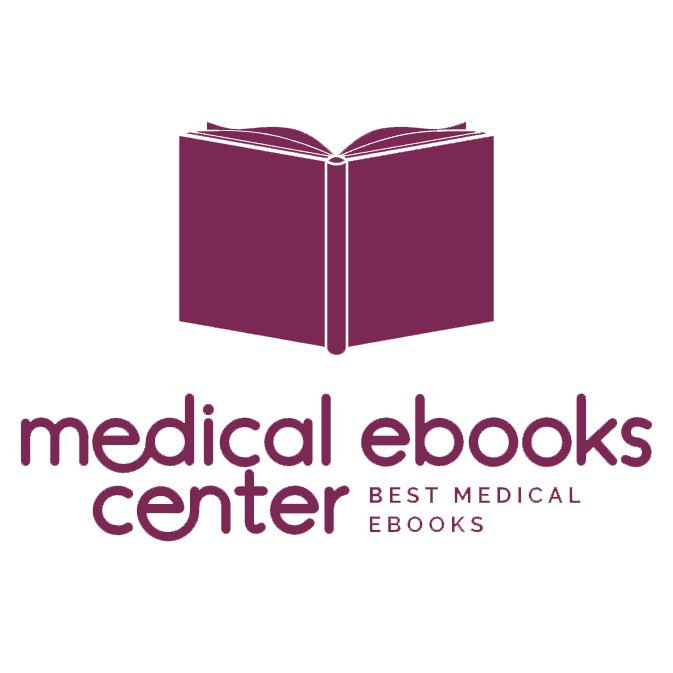
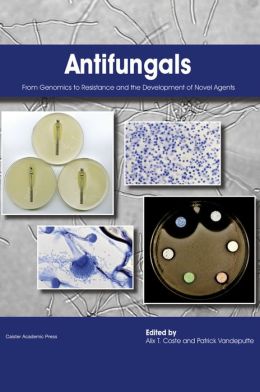
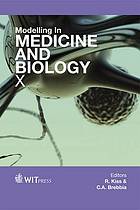
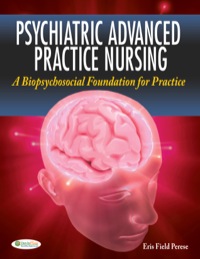
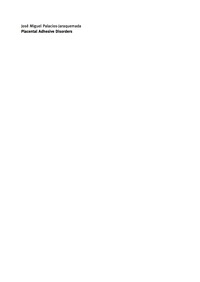
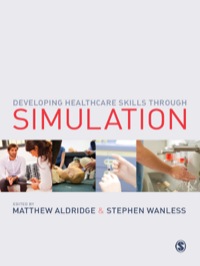
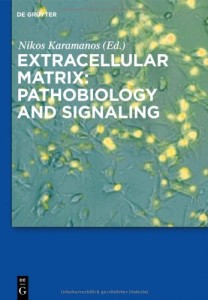
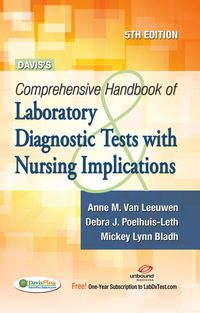

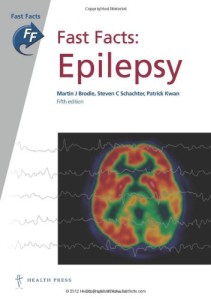
Reviews
There are no reviews yet.